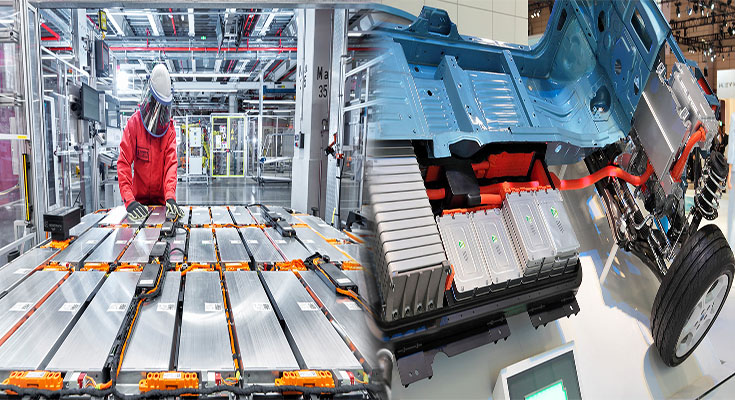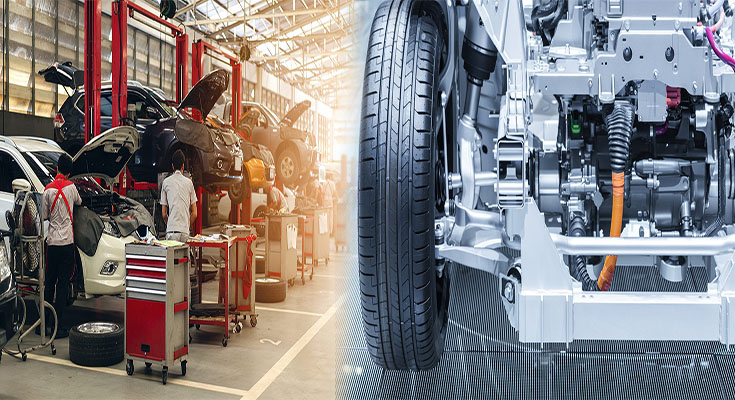A battery electric vehicle (BEV) is a vehicle powered by a rechargeable battery. These vehicles are a key part of the global move towards cleaner transport.
However, the future of battery electric vehicles will depend on many factors including advancements in technology, market trends, and government regulations. This article will discuss these important aspects to help you better understand the future of BEVs.
Advancements in Technology
There is a wealth of advances in battery technology that could change the way electric vehicles are used. These include solid-state batteries, which use liquid electrolytes instead of a solid material; improved battery design; longer cycle life; and thermal stability.
In addition, a team of researchers has developed a new battery structure that regulates temperature from inside the battery to charge faster. This could significantly increase the range and energy available for an EV, according to Penn State researcher Jian Wang.
The research is …
View More About a Battery Electric Vehicle?

